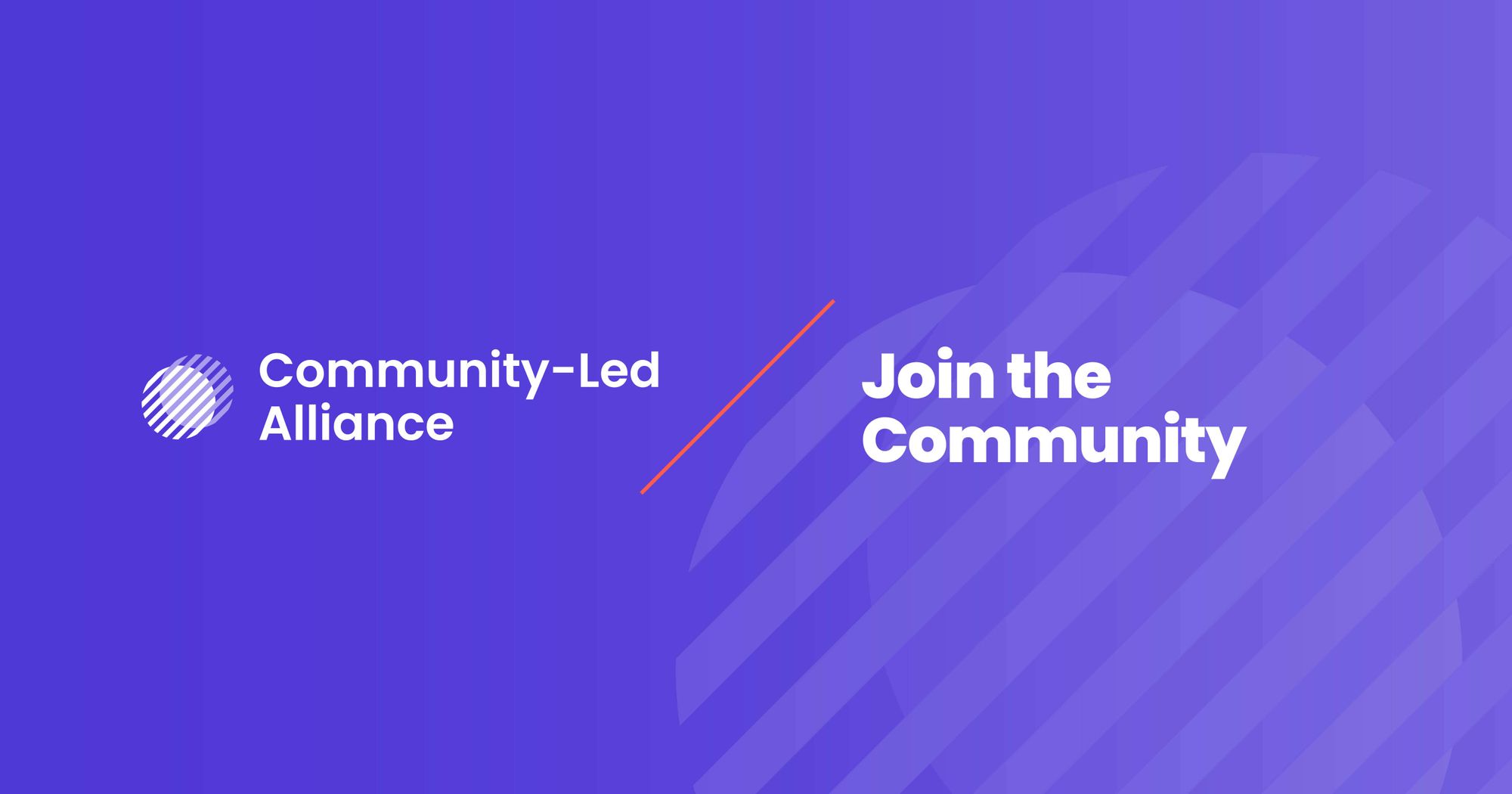Humans are at the heart of every community, so it stands to reason that their personalities would be just as important. After all, personality differences can play a key role in the dynamics and health of a community.
Understanding and managing these differences can impact the success and growth of your community.
Why you want different personalities in your community
- A community that welcomes diverse personalities is more likely to attract and retain a broader range of people.
- There’s also the option that smaller subgroups can form within the larger group, allowing people to forge deeper connections with others.
- Varied personalities bring vibrancy, curiosity, and dynamism to communities, especially when it comes to interactions and initiatives.
- By having diverse thinking and skill sets, your community becomes more adaptable and resilient when faced with challenges and uncertainties.
- Your community benefits from members playing to their strengths, since each person can take on roles that suit them – including increased productivity and morale.
- A diversity of communication styles and thinking can lead to tension; however, it can also help people to de-escalate conflicts by adopting others’ points of view.
- Exposure to different personalities can create more opportunities for learning. Members can learn from each other’s perspectives, values, and communication styles.
- Celebrating differences leads to more empathy, patience, and better problem solving skills.

So, how can different personalities relate to your community?
1. Diversity in perspectives and ideas
Different personalities bring a variety of skills, ideas, viewpoints, etc., to the table, which can enrich discussions and foster creativity.
An analytical thinker might be able to pinpoint potential challenges in plans, while a creative person can come up with innovative solutions to problems. This can lead to well-rounded solutions.
Communities with varied personalities can also generate lots of ideas, ranging from pragmatic to adventurous.
2. Communication styles
Different people communicate differently – while some are reflective or prefer a narrative style, others are more direct or concise, for example.
It’s important that you recognize and accommodate these styles in order to boost the effectiveness of communication within your community. Tailor messages accordingly to boost responses from your audience.
Facilitating discussions that cater to different communication styles helps ensure all voices in your community are heard, which, in turn, leads to higher levels of satisfaction.
3. Conflict resolution
Understanding differences can also help community managers to solve issues and devise strategies for conflict resolution that acknowledges people and respects individual viewpoints.
Conflict resolution strategies can also be tailored based on personalities in your community. Perhaps a mediator approach could work well for some, while a more structured resolution process suits other people.
4. Engagement and participation
Some people may be more extroverted and be more active in discussions and events, while others may prefer less visible roles but still contribute in other ways. This means certain roles can be assigned to different people, and it’s important to understand who’s excited to lead an activity and who’d rather contribute behind the scenes.
You can also have different channels where people can communicate and participate in, such as forums for those who enjoy discussions, and maybe even a suggestion box for people who prefer to give their opinion anonymously.
It’s all about understanding that contributions can take many different forms and the efforts of community members are recognized and valued no matter how they participate.

5. Leadership styles
Leadership within a community can be impacted by personality traits as well. Diverse styles can cater to different needs and ensure that everyone feels represented.
Authoritative leaders can provide clear direction, while more democratic leaders can foster a sense of collective decision-making, for instance.
Another thing to keep in mind is that leaders who understand their own and their members’ personalities can adapt their style to different situations as well.
6. Building relationships
If you’re wondering how personality differences relate to your community, consider that people interact with each other in different ways and, seeing as building relationships is such a huge part of being in a community, understanding the many personalities within it can help to create stronger and more empathetic relationships among members.
Members can anticipate and mitigate potential misunderstandings or conflicts more easily as well, and understanding the different people who make up your community also leads to better collaboration.
7. Culture
Your community’s culture is influenced and shaped by the individual personalities of its members, so it’s crucial you recognize and value different traits and perspectives.
On top of this, if you have a culture that acknowledges and celebrates diversity can lead to an environment of inclusivity and acceptance.
8. Motivation and incentives
People have different needs, motivations, and pain points, so it’s important to tailor strategies and incentives in order to maximize engagement and participation from all community members. This includes ways you recognize members, which can lead to higher levels of engagement.

9. Task allocation
Assigning roles and tasks according to personality strengths can increase efficiency and satisfaction. For instance, detail-oriented members might excel at organizational tasks, while people who look at the big picture might be better suited for strategic planning.
10. Adaptability
People react to changes differently; while some embrace them, others resist them. So, make sure you’re tailoring the way you approach change management to ease transition. Equally important is to provide support systems aimed at different personalities during times of change, since this can help you get a smooth adjustment process for the community.
In short
Acknowledging and valuing personality differences is key to fostering a productive, vibrant, collaborative, and inclusive environment. This helps to enhance individual and collective experiences, as well as ensure that members contribute to the community’s success and growth.
Join our Slack community to network with other professionals like yourself.






